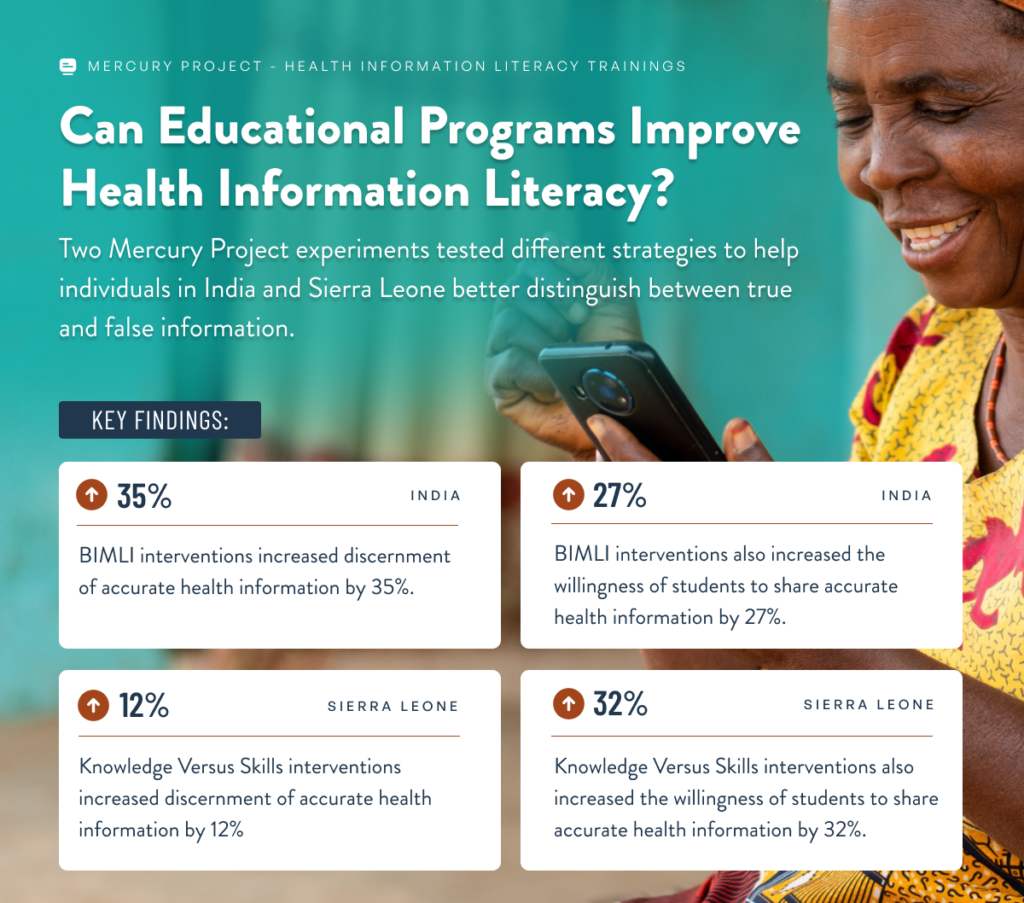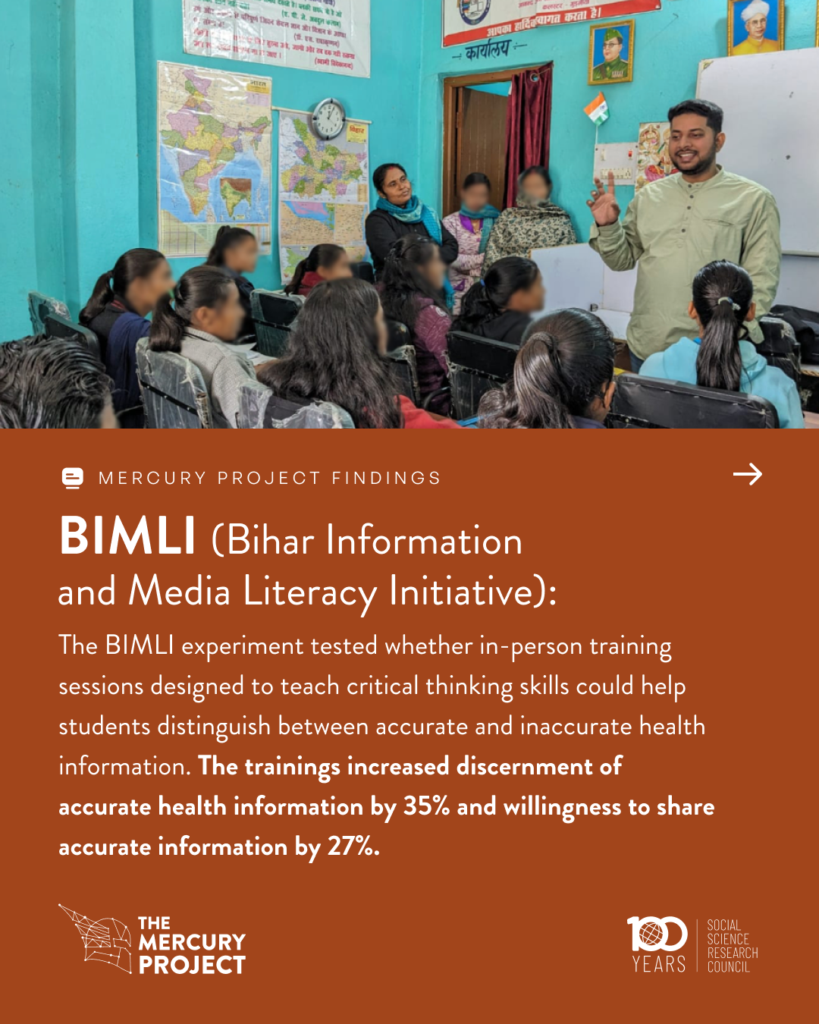Mercury Project Findings: Health Information Literacy Trainings
Over the course of the past three years, the Social Science Research Council’s Mercury Project has supported 18 research teams around the globe in evaluating interventions designed to increase vaccination and other evidence-based health behaviors. We are excited to now present the many policy-relevant and actionable insights from their projects.
This month, we share findings from the Bihar Information and Media Literacy Initiative (BIMLI) and Knowledge Versus Skills, two Mercury Project experiments that tested different strategies to help individuals in India and Sierra Leone better distinguish between true and false health information.

In low- and middle-income countries, individuals are increasingly able to seek and access health information online. However, public health scholars and officials note growing concerns about the accuracy of health information found online and the ability of individuals, especially those with minimal media experience, to differentiate between accurate and inaccurate health information. A growing number of public health efforts have therefore been targeted at improving the ability to distinguish between true and false information and at deterring the spread of false information, though it remains unclear what types of information literacy initiatives are most effective.
Two Mercury Project teams conducted experiments testing three online and in-person trainings that aimed to 1) improve participants’ abilities to discern and share accurate health information; 2) improve participants’ abilities to discern accurate information outside of the scope of the intervention; and 3) assess whether intervention effects are short- or long-term.
While the teams had a shared goal, their motivations and deployed interventions differed in scope and setting. Knowledge Versus Skills evaluated two video-based interventions in Sierra Leone, with the goal of comparing the effectiveness of each educational training relative to one another and to a control group. The first training specifically covered vaccine knowledge, including vaccine effectiveness and safety. The second training broadly taught participants to identify misleading or manipulative health-based content. BIMLI’s intervention, on the other hand, consisted of four in-person training sessions designed to teach adolescents in Bihar to identify and counter inaccurate health information. BIMLI additionally tested whether their intervention could overcome strong cultural beliefs about the effectiveness of alternative medicine.
Results from both experiments suggest that training programs can effectively teach participants to identify inaccurate health information in both the short- and long-term, with participants in all three experiments demonstrating increased capacities to correctly evaluate information across multiple sources. BIMLI’s in-person training increased accurate discernment by 35%, while Knowledge Versus Skills’ video-based trainings increased accurate discernment by 12%. Additionally, both teams found that participants became more likely to share accurate rather than inaccurate health information. For example, BIMLI and Knowledge Versus Skills found that the willingness of students to share true rather than false headlines increased by 27% and 32% respectively.
Additional results, such as exciting spillover effects of these interventions to other domains that were not taught in trainings, and to community members who did not participate in the trainings, can be found at the links below. For example, BIMLI found that their training sessions also improved participants’ abilities to distinguish between accurate and inaccurate political news, even though political news was not covered in the scope of their intervention.
These insights highlight the vital role of educational efforts to combat misleading health information that can be accessed and shared online. For more information on each project, see below.



